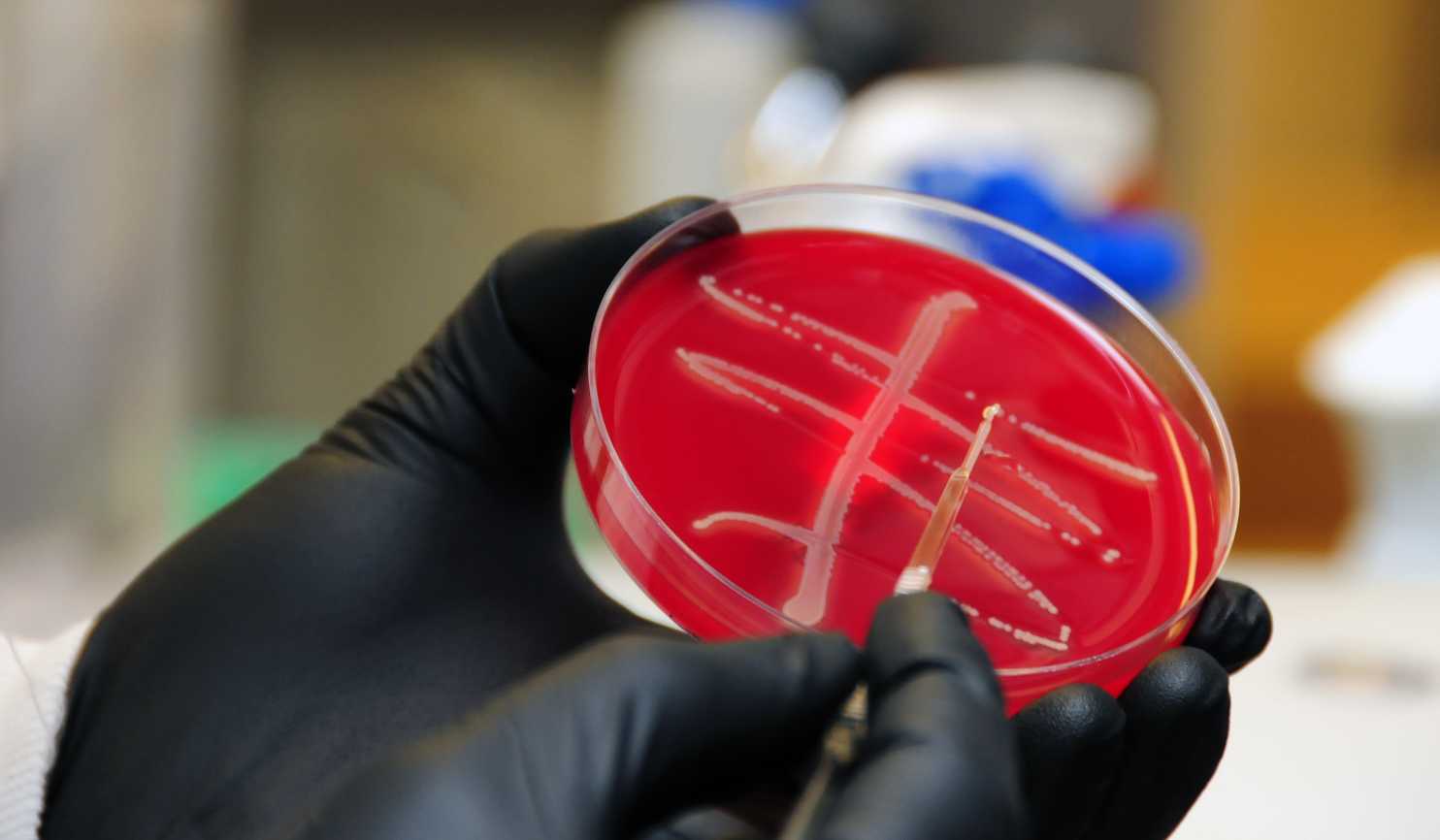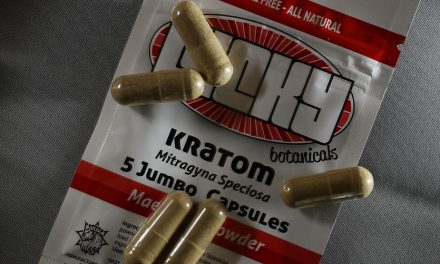Another rare and terrifying superbug gene has been found. This time, on a U.S. pig farm. This discovery suggests it’s possible that raw meat could carry the germs into the human population. If you’ve ever thought about giving up meat, or even just pork, I’d think about it even more now.
The researchers stressed (no doubt the meat industry was happy) that no pigs scheduled for slaughter carried the mutant gene and therefore no threat (yet) existed to people. Also, none of the pigs were sick, BUT, the mutant gene should not have been on the farm at all and NO ONE knows how it got there.
Is meat still sounding safe and tasty?
From the article:
“The gene is called bla IMP-27 and it gives bacteria the ability to resist the effects of a class of antibiotics called carbapenems.
Carbapenems are considered an antibiotic of last resort, so germs that resist their effects are very difficult to kill.
Worse, this superbug gene is carried on an easily swapped bit of genetic material called a plasmid, and the researchers found it in several different species of bacteria on the farm.
That suggests the bacteria have been passing the gene around.”
The obvious fear is that the gene could get into bacteria that infect people and if the gene were to combine with a type of antibiotic-resistant germ, carbapenem-resistant Enterobacteriaceae (which are especially dangerous), it could be deadly. CRE germs kill half their victims.
The gene was found as researchers were checking random samples submitted to testing labs from pigs suspected of carrying bad infections. The bla IMP-27 gene turned up in a single farm sample. Teams responded quickly by descending on the farm, swabs and swiffers (similar to the household cleaning tool, theses are electrostatic and are therefore good for taking samples) in hand. They swabbed pigs, took fecal samples, tested pens, fences, and equipment. They found samples of bla IMP-27 in several different samples and in several different species of bacteria, including E. coli and Enterobacteriaceae. (One scary note, several of the bacteria found resisted more than one type of antibiotic.)
Thomas Wittum, chair of the veterinary medicine team at The Ohio State University, who led the study team remarked that finding this rare superbug gene in bacteria infecting food animals is bad news, “The implication of our finding is that there is a real risk that CRE may disseminate in food animal populations and eventually contaminate fresh retail meat products.”
But even if it didn’t make people sick, right away, it could still colonize people who handle raw meat. If that were to happen and someone became ill with something else, the bacteria could multiply and colonized people can infect sick or immunocompromised people.
More from the article:
“The emergence of carbapenem-resistant Enterobacteriaceae (CRE) has been described as heralding the end of the antibiotic era with their global expansion presenting an urgent threat to public health,” the researchers wrote.
Though the pigs weren’t given any carbapenem drugs (nor dosed with antibiotics to promote growth) they did get antibiotics:
- piglets on the farm received ceftiofur at birth
- males received a second dose at castration
And this regular dosing might play a part in the development of mutant bacteria. In a genius move (excuse my sarcasm) Wittum remarked, “We may need to examine some of the practices of farms, and evaluate whether they are really appropriate, and whether the benefits outweigh the risks.” Agreed.
Dr. David Wallinga of the Natural Resources Defense Council, who opposes the routine agricultural use of antibiotics said, “To save our miracle drugs, we have got to stop wasting them on animals that aren’t sick.” So true. Many physicians and researchers have been saying the same thing for years and now we may pay the price for our ignorance and refusal to believe there were no consequence to our hubris.
Source: NBC News












